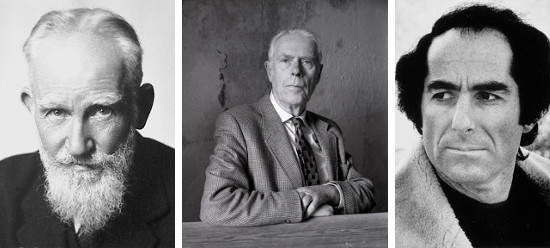
More maxims of La Rochefoucauld:
- “We endeavour to get Reputation by those Faults we won’t amend.”
- “We never desire vehemently what we desire rationally.”
- “Whatever Distrust we may have of People’s Sincerity, we always believe they are more ingenuous with us than with any body else.”
- “We promise according to our Hopes, and perform according to our Fears.”
- “Repentance is not so much Remorse for what we have done, as Fear of its Consequences.”
- “Our Enemies come nearer the Truth in their Judgment of us, than we do ourselves.”
- “We don’t despise all those who have Vices, but we despise all those who have no Virtues.”
- “None but such as are contemptible are apprehensive of Contempt.”
- “That Conduct often seems ridiculous the secret Reasons of which are wise and solid.”
- “Censorious as the World is, it oftner shews Favour to false Merit, than it does Injustice to true.”
- “Our Fancy sets the Value on all we receive from Fortune.”
And “We take less Pains to be happy, as to appear so.”



